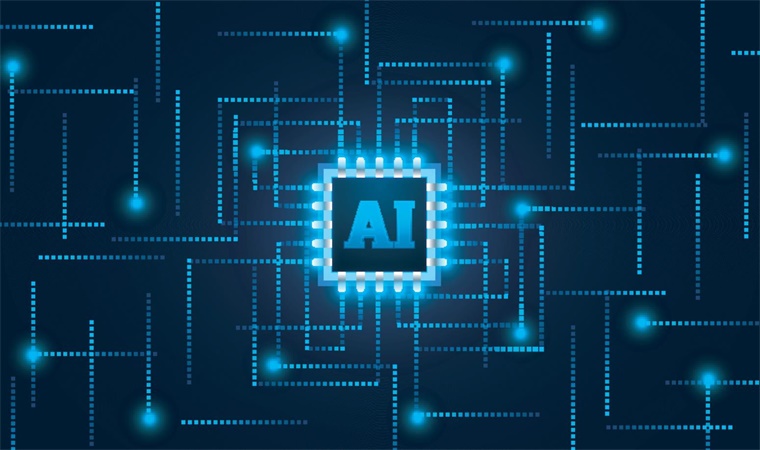The editor of Downcodes will take you through Nvidia CEO Jensen Huang’s latest interpretation of the current status of artificial intelligence development. In an interview, Huang expressed caution about the maturity of current AI technology, believing that it has not yet reached a level that most people can trust. He made an in-depth analysis of the current challenges faced by AI technology and looked forward to its future development direction, which attracted widespread attention in the industry. This article will explain Huang Jenxun’s views in detail and explore its impact on the future development of artificial intelligence.
In the latest interview, Nvidia CEO Jensen Huang said that current artificial intelligence technology has not yet reached a level that can be "trusted by most people." He noted that despite significant advances in artificial intelligence in recent years, in many cases the answers provided by AI are not always optimal. He emphasized that future artificial intelligence systems will need more powerful computing capabilities to better solve complex problems.

Picture source note: The picture is generated by AI, and the picture authorization service provider Midjourney
Huang Renxun mentioned that enterprises urgently need more computing resources to improve their artificial intelligence capabilities. Current AI technology often faces problems of insufficient data processing capabilities and imperfect algorithms, leading to deviations in practical applications. He believes that improving computing power will be a key factor in promoting the development of AI.
When talking about future development, Huang Renxun believes that although technology is advancing rapidly, there is still a long way to go before AI can be "trusted". He said that technicians need to continuously research and improve algorithms, while also strengthening the quality of data to ensure that AI systems can provide more accurate and reliable results.
He also mentioned that with the improvement of computing power, the application of artificial intelligence will become more widespread in various industries, from medical to finance, and the potential of AI will be further explored. However, this process does not happen overnight, and companies and R&D institutions must be prepared for long-term investment.
Huang’s remarks attracted widespread attention in the industry, and many people began to think about how to find a balance between technology and ethics to ensure that future artificial intelligence is not only efficient but also credible. As AI technology continues to evolve, public demand for its transparency and explainability will also increase.
Although the current artificial intelligence has not yet reached a state of perfection, through improved computing power and continuous technological innovation, we have reason to believe that future AI will be more mature and reliable.
All in all, Huang Renxun’s point of view emphasizes the necessity of building trustworthy AI and also points out the importance of improving computing power and continuous technological innovation. The road to AI development in the future is long and arduous, and requires joint efforts from the industry to advance technology while taking into account ethics and social responsibilities.